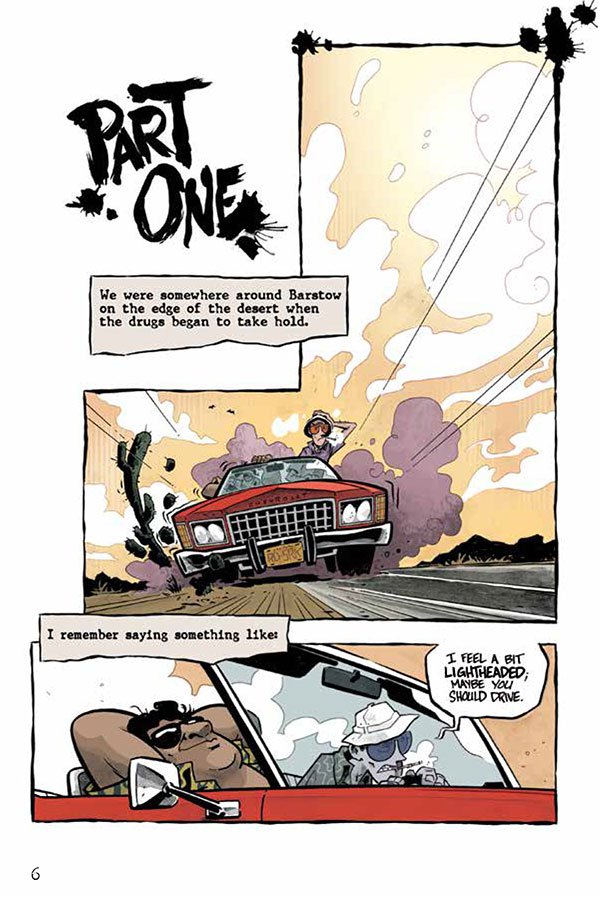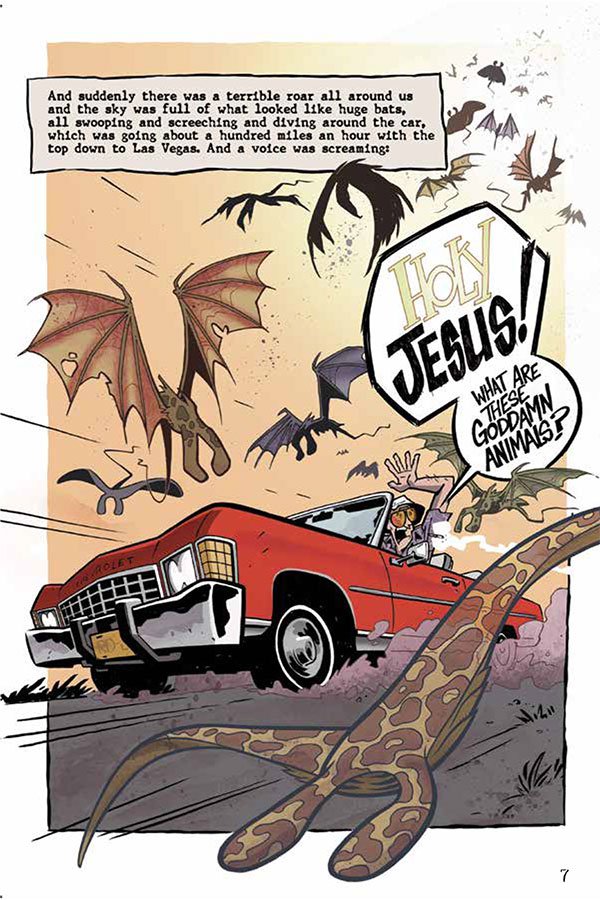Published on 9 Nov 2015
Even though the United States only joined the First World War in 1917, the affects of World War 1 were felt way before. Woodrow Wilson initially wanted the USA to stay neutral but also increased the number of the US Army and expanded the US Navy. Economically, the United States of America had already chosen a side in the conflict before the declaration of war was signed. They supported the Entente with ammunition and other supplies. Things like the sinking of the Lusitania and unrestricted submarine warfare only made it easier to convince the public.
November 10, 2015
The USA Before Joining World War 1 I THE GREAT WAR – Special
The “War on Christmas” opens another front … at Starbucks
Katherine Timpf can’t believe that anyone is taking this nonsense in any way seriously:
Please stop embarrassing yourselves.
I woke up this morning to find that real, adult people are actually upset that Starbucks’s holiday cups do not mention Christ or Christmas on them — and the absence of such language as an attack on their religion.
Yep, that’s right. The “War on Christmas” season has arrived, and Starbucks has chosen the side of the godless hedonism that is destroying our society. Don’t let the fact that it still sells a Christmas Blend, a “Merry Christmas” gift card, and an Advent calendar fool you — Starbucks is clearly The Devil’s Coffee, and you have every right to be this upset.
That is, of course, if you are an insane person.
The “culture of ‘You can’t say that!’ in all its swirling, borderline violent ugliness”
Brendan O’Neill in sp!ked on the Halloween derangement syndrome at Yale:
Video footage of Yale students losing the plot over a faculty head who said everyone should calm down about Halloween has caused much head-shaking in liberal circles. And it isn’t hard to see why. The head’s crime was that his wife sent an email suggesting academics and students should chill out about ‘culturally insensitive’ Halloween costumes. It’s okay, he said, to be a ‘little bit inappropriate or provocative or, yes, offensive’ on this one day. For his wife issuing this mildest of rebukes to over-sensitive over-18s, he was accosted by a mob of students insisting the email made them feel unsafe. When he told the crowd that he thinks university is about providing education, not a ‘safe home’, they screamed at him to ‘step down!’. ‘Who the fuck hired you?!’, the most unhinged of the students cries.
It’s unnerving, odd, a terrifying snapshot of the new intolerance. We could see the culture of ‘You can’t say that!’ in all its swirling, borderline violent ugliness. It wasn’t a whispered or implied ‘You can’t say that!’, of the kind we see all the time in 21st-century public life, in response to people who criticise gay marriage, say, or doubt climate change. No, this was an explicitly stated ‘You can’t fucking say that, and if you do we’ll demand that you be sacked!’ That it was stated at Yale, and in response to a bloody email about Halloween, has added to the hand-wringing among liberals, who want to know what’s gone wrong with the new generation.
Okay, fine. It is indeed interesting, and worrying, that students are so sensitive and censorious today. But I have a question for the hand-wringers, the media people, academics and liberal thinkers who are so disturbed by what they’re calling the ‘Yale snowflakes’: what did you think would happen? When you watched, or even presided over, the creation over the past 40 years of a vast system of laws and speech codes to punish insulting or damaging words, and the construction of a vast machine of therapeutic intervention into everyday life, what did you think the end result would be? A generation that was liberal and tough? Come off it. It’s those trends, those longstanding trends of censorship and therapy, that created today’s creepy campus intolerance; it’s you who made these monsters.
A graphic novelization of Fear and Loathing in Las Vegas
Hunter S. Thompson’s iconic book Fear and Loathing in Las Vegas has been re-imagined in Troy Little’s graphic novel:


QotD: The Imperial Roman navy
The navy maintained by the emperors might seem inadequate to their greatness; but it was fully sufficient for every useful purpose of government. The ambition of the Romans was confined to the land; nor was that warlike people ever actuated by the enterprising spirit which had prompted the navigators of Tyre, of Carthage, and even of Marseilles, to enlarge the bounds of the world, and to explore the most remote coasts of the ocean. To the Romans the ocean remained an object of terror rather than of curiosity; the whole extent of the Mediterranean, after the destruction of Carthage, and the extirpation of the pirates, was included within their provinces. The policy of the emperors was directed only to preserve the peaceful dominion of that sea, and to protect the commerce of their subjects. With these moderate views, Augustus stationed two permanent fleets in the most convenient ports of Italy, the one at Ravenna, on the Adriatic, the other at Misenum, in the Bay of Naples. Experience seems at length to have convinced the ancients, that as soon as their galleys exceeded two, or at the most three ranks of oars, they were suited rather for vain pomp than for real service. Augustus himself, in the victory of Actium, had seen the superiority of his own light frigates (they were called Liburnians) over the lofty but unwieldy castles of his rival. Of these Liburnians he composed the two fleets of Ravenna and Misenum, destined to command, the one the eastern, the other the western division of the Mediterranean; and to each of the squadrons he attached a body of several thousand marines. Besides these two ports, which may be considered as the principal seats of the Roman navy, a very considerable force was stationed at Frejus, on the coast of Provence, and the Euxine was guarded by forty ships, and three thousand soldiers. To all these we add the fleet which preserved the communication between Gaul and Britain, and a great number of vessels constantly maintained on the Rhine and Danube, to harass the country, or to intercept the passage of the barbarians. If we review this general state of the Imperial forces; of the cavalry as well as infantry; of the legions, the auxiliaries, the guards, and the navy; the most liberal computation will not allow us to fix the entire establishment by sea and by land at more than four hundred and fifty thousand men: a military power, which, however formidable it may seem, was equalled by a monarch of the last century, whose kingdom was confined within a single province of the Roman empire.
Edward Gibbon, “Chapter I: The Extent Of The Empire In The Age Of The Antonines — Part III”, History of the Decline and Fall of the Roman Empire, 1782.



